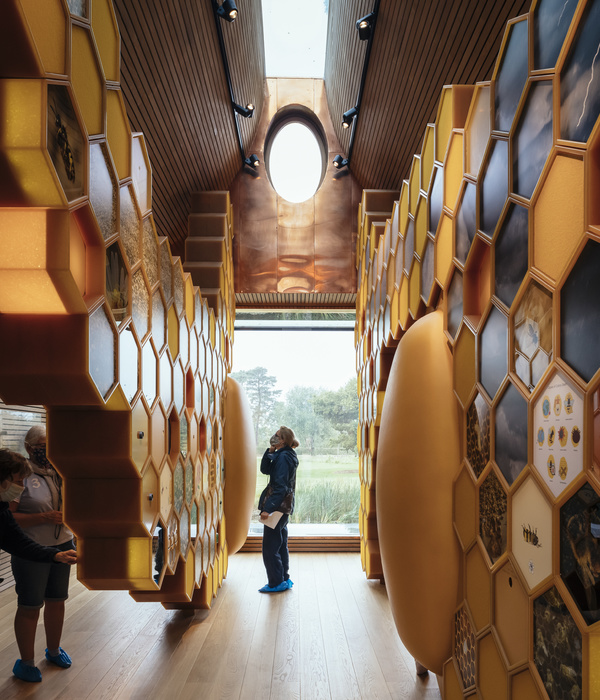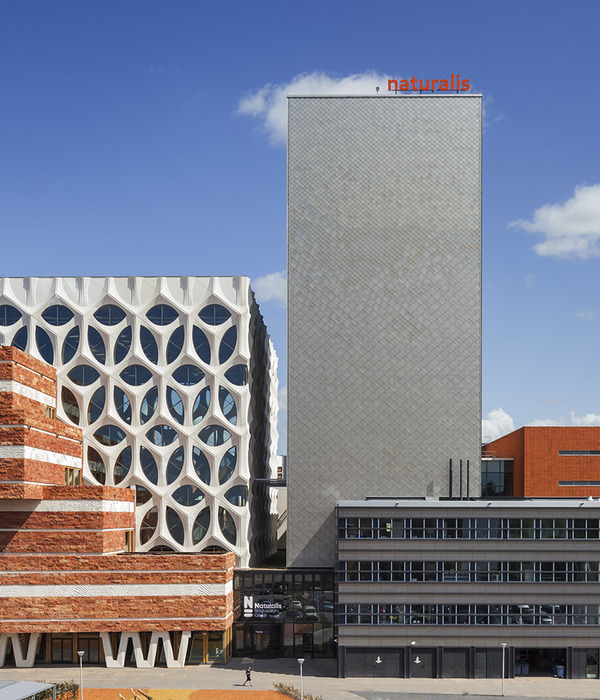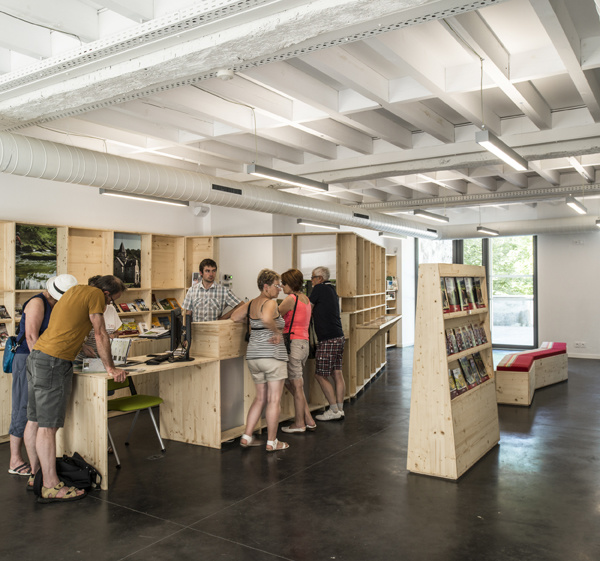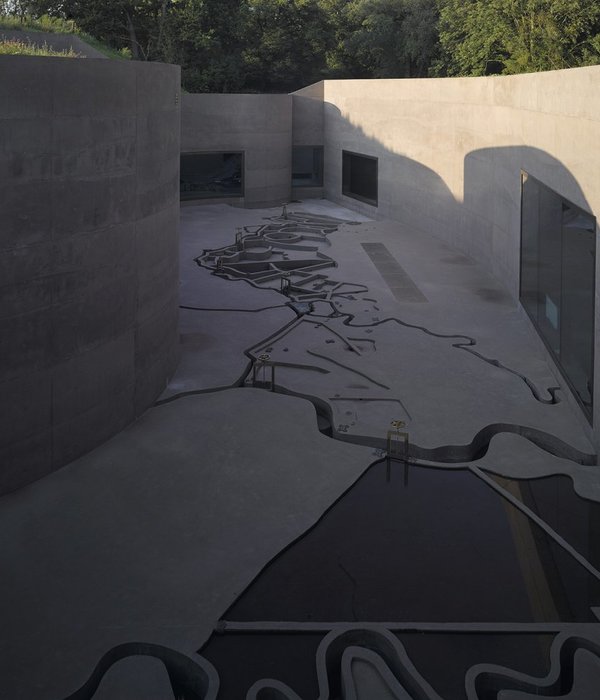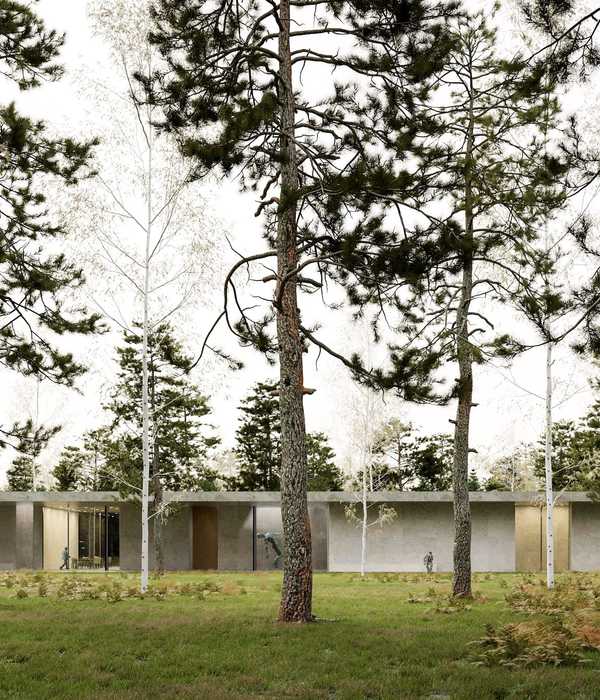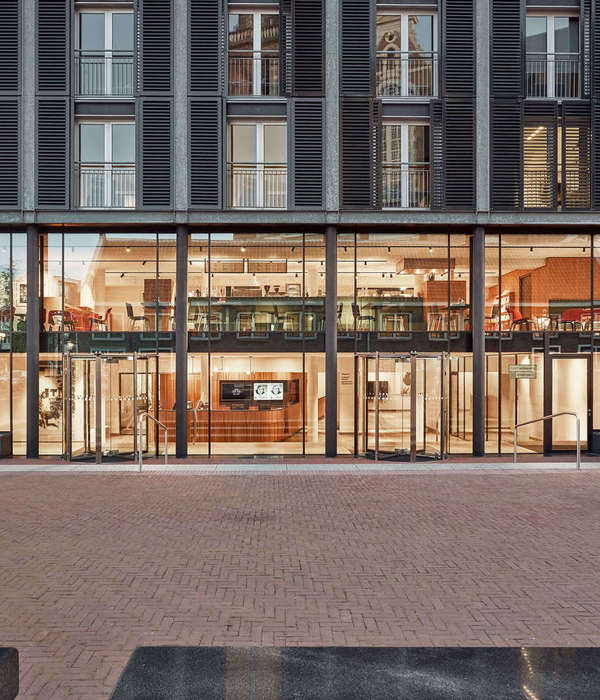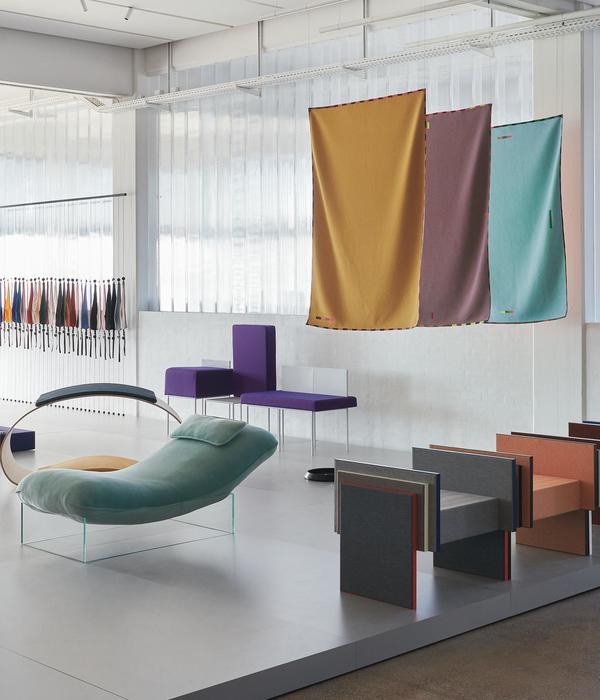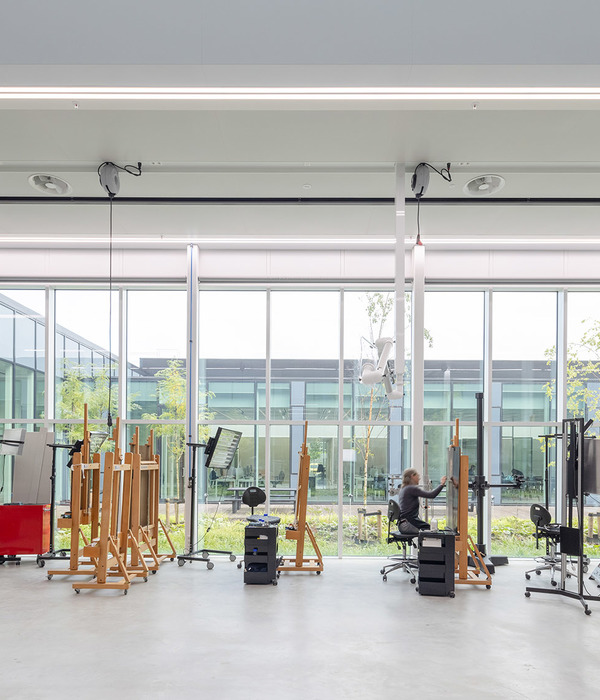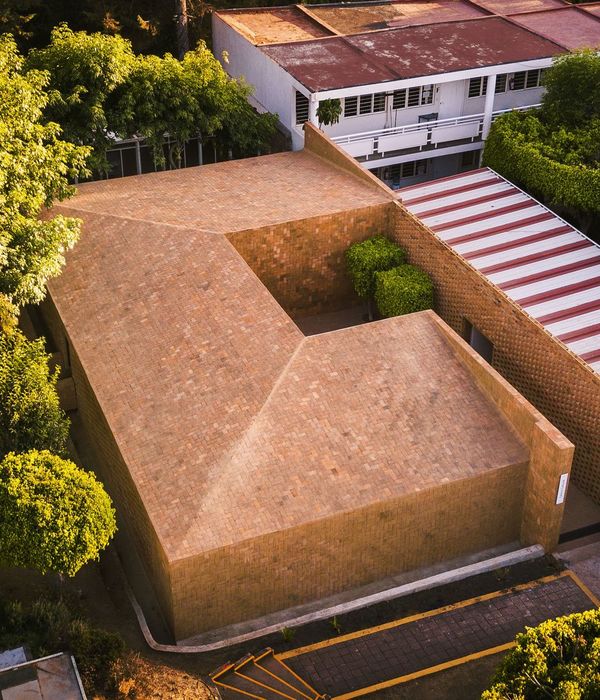Designers and architects showcase their wonders in American hardwood, from home furniture to corporate office interiors, in two new books from the American Hardwood Export Council (AHEC) In partnership with AHEC
For more than 25 years, the American Hardwood Export Council (AHEC) has been building a distinctive and creative brand for US hardwoods. Now two new books build on its mission to inspire creatives and consumers alike to connect with its sustainable materials.
By demonstrating the performance and aesthetic potential of the country’s sustainable materials and providing creative inspiration and smart, technical assistance, AHEC has developed as an informed, responsible and open-minded voice for the hardwood industry and the connected design, architecture and craft communities all over the world. AHEC’s mission is to develop new opportunities for American hardwoods and to incentivise users to make an informed choice about the timber they use.
The industry AHEC represents is made up of all shapes and sizes of companies, many still family owned: sawmills, veneer producers, moulding and flooring producers supplying furniture designers, cabinet makers and architects who work in oak, maple, ash, tulipwood, cherry, and more. AHEC is also committed to education, its various programmes informing and inspiring through a wide range of activities, including creative collaborations and books.
AHEC recently launched two beautifully bound and designed books in both hard copy and digital ebook formats – both publications intended as tools for helping to educate and inspire the likes of architects, furniture designers, and engineers about the potential of US hardwoods within design and architecture, while also drawing attention to the environmental credentials of these hardwoods.
A Guide to Sustainable American Hardwoods is exactly that – a publication that combines AHEC’s guides to hardwood species and lumber grades into a single, illustrated and comprehensive volume.
The front half of the book is devoted to a full break-down of the properties, applications and environmental credentials of the commercially available US hardwood species. The back section provides a valuable explanation of the NHLA grading system, which is the national standard for the US hardwood lumber industry and forms the basis for export grading.
There’s also a focus on some spectacular hardwood projects, such as Bloomberg’s European headquarters in the City of London, designed by a Foster + Partners team and led by Norman Foster. The building employed more than 40,000 sq m of red oak, with the structure’s dramatic, double-height vortex at the main entrance requiring 6,000 unique panels of red oak veneer.
Above, Bloomberg HQ, by Foster + Partners, made using American red oak
‘Businesses now want their buildings to have a different sense of personality and be more responsive to people who work in them,’ says Michael Jones, Foster + Partners’ deputy head of studio, in the book. ‘Timber is rather successful in delivering both these things. People warm to it and it makes them feel better about their environment.’
The second, more conceptual new volume from AHEC is Connected: Made Together Apart, an account of an ambitious hardwood-inspired endeavour. The ‘nine designers, three hardwoods, one workshop’ experiment tasked designers and craftsmen to adapt their working practices during the Covid-19 lockdown, and was featured in Wallpaper’s October 2020 issue (W*258).
For this project AHEC, Benchmark Furniture and the Design Museum joined forces to challenge nine internationally renowned designers to create a table and seating to suit ‘new normal’ ways of working from and living at home. Taking part were Ini Archibong (Switzerland), Maria Bruun (Denmark), Jaime Hayon (Spain), Heatherwick Studio (UK), Sebastian Herkner (Germany), Maria Jeglińska-Adamczewska (Poland), Sabine Marcelis (Netherlands), Studiopepe (Italy), and Studio Swine (UK and Japan).
The book records the disparate talents’ creative journeys through original brief, idea development, sketches and production, during difficult and isolated months, adapting their processes using new technologies for remote but communal collaboration, often operating from new and improvised home offices.
Above, ‘Mesamachine’ by Jaime Hayon as part of Connected
Each designer or studio was paired with a craftsman at Benchmark’s workshop in Berkshire, UK, and challenged to work with American hardwood in innovative ways, relying solely on digital communication and video conferencing to bring their visions to life.
As seen in the book’s final pages, the resulting pieces were brought together physically at last, and exhibited at the Design Museum, London, in September 2020, for a post-lockdown installation called Connected. A fitting tribute to tactile, adaptable American hardwood and those who work with it. §
{{item.text_origin}}

